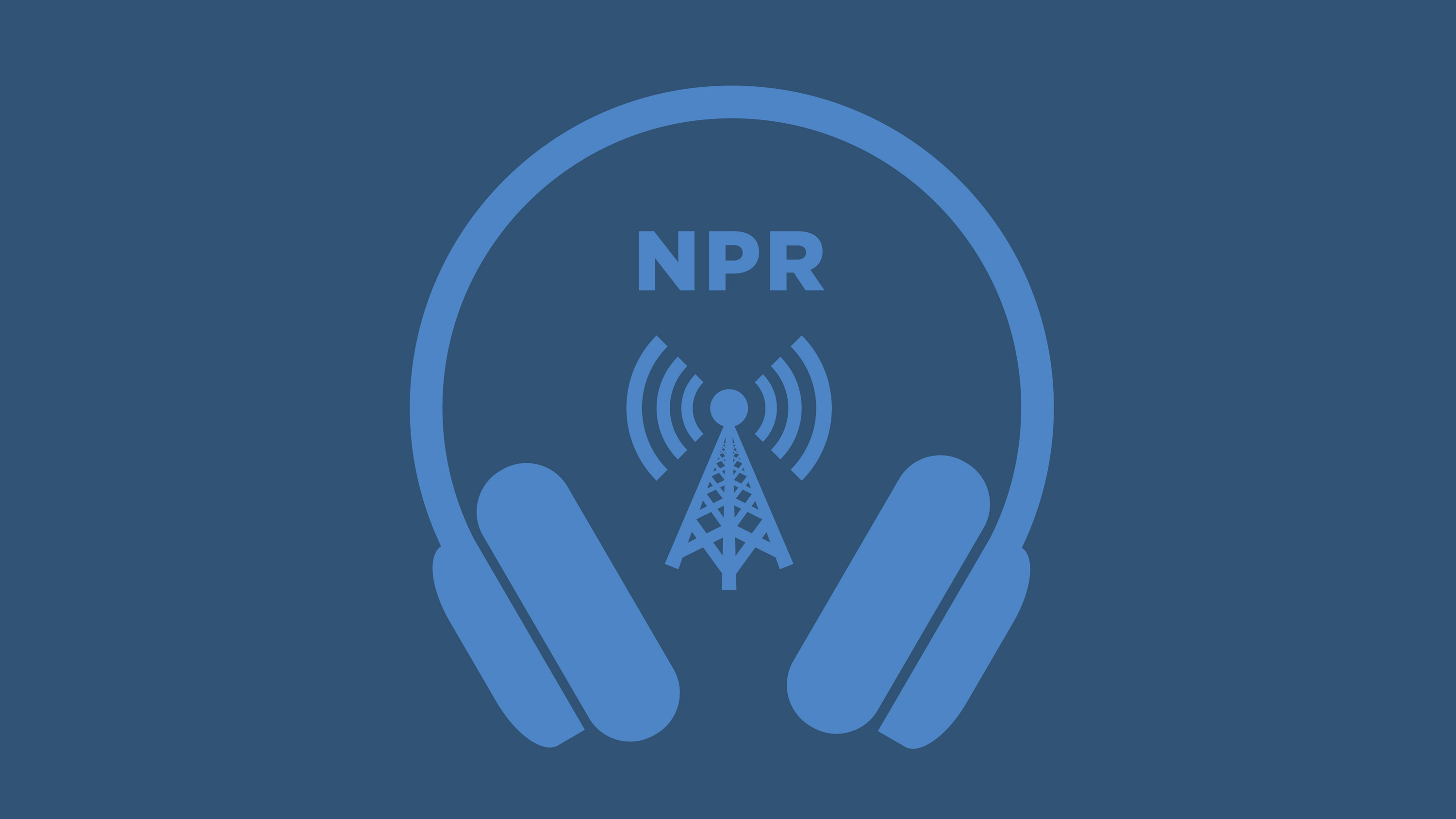Copyright forbes

From Martyr to Edu-preneur: Reimagining the Role of the Teacher Micah Daniels, Middle School Athletic Director; Kenneth Boyer, High school and semi pro coach; Cornell Ellis, Executive Director; Nathan Scheelhaase, NFL Coach; and Dr. Brandon Martin, university Athletic Director served on a panel for Black men in athletic leadership in 2025. The session focused on financial security and diverse careers in athletic leadership. Brothers Liberating our Communities When I became a teacher, I thought I was fulfilling a greater purpose. The intrinsic value of education—the sense of shaping lives and strengthening communities—was far more attractive than the extrinsic rewards. The low pay and eroded public respect felt secondary to the good I believed I could do for students and families. But that kind of “martyrdom mindset” is toxic. It celebrates self-sacrifice over sustainability and often drives talented educators out of the profession. When teachers burn out, they don’t just harm themselves—they risk doing harm to students. Unhappy, underpaid, and overworked teachers cannot show up as their best selves, and that dissonance can create lasting, even traumatic, outcomes in classrooms. It’s time to change how we define what a teacher is—and what the teaching profession can be. Redefining “Teacher” Educators come from every walk of life, and they shouldn’t be limited to those who graduate from traditional schools of education. When we broaden our definition of “teacher,” we can include the novelist who teaches English, the architect who teaches math, and the chemist who teaches science. By tapping into the expertise already present in our communities, we create learning experiences that are more relevant, practical, and inspiring for students. Right now, the career ladder in education is painfully narrow. The “one-track” pathway—from classroom teacher to department chair to assistant principal to principal—is predictable and, for many, uninspiring. It often fails to retain the most creative and ambitious educators, who crave new challenges, higher earnings, and diversified opportunities. MORE FOR YOU The reality is that teaching, as currently structured, restricts financial freedom. Too often, educators are forced to choose between purpose and prosperity. We need to make room for both. The Case for Contracted Talent Schools can save money—and improve quality—by hiring excellent part-time or contracted teachers instead of maintaining large rosters of overworked, underpaid full-time staff. Contracted educators can bring real-world expertise directly into classrooms without the administrative burdens of the school day: grading marathons, lunch duties, or endless meetings. They teach because they want to—not because they’re trapped in the system. Their enthusiasm and industry knowledge create vibrant learning environments. Students benefit from instructors who are fresh from the field—people who can connect algebra to architecture or chemistry to cosmetics. Schools, in turn, benefit from fiscal flexibility and stronger community partnerships. Akoma Ntoso 2 fellow Eugene Miles poses with his masters in counseling degree after completion of the BLOC fellowship, which inspired him to found Brothers Reaching Out (BRO) — a student organization for social and emotional health. Brothers Liberating our Communities The Private Sector’s Stake in Education It is in the private sector’s best interest to invest in teachers’ financial freedom. Businesses and corporations should fund educational initiatives not as charity, but as strategy. A company’s long-term sustainability depends on the communities that sustain it—and that means investing in local schools. Corporations can offer incentives for employees to teach part-time in nearby schools, sharing professional expertise with students who may one day join their workforce. Imagine an engineer leading robotics classes, a financial analyst mentoring students in data literacy, or a marketing executive teaching persuasive communication. When the private sector invests in education, it’s not just doing good—it’s doing smart business. A stronger teaching workforce creates a more skilled and purpose-driven talent pipeline. Community advancement is directly tied to the relationship between the private sector and education. When businesses build deep partnerships with schools, they strengthen their own ecosystems. Employees who contribute to their communities develop a renewed sense of purpose—one that often translates into higher retention and productivity in their corporate roles. This vision of collaboration between educators and entrepreneurs isn’t utopian; it’s utilitarian. It’s a practical, mutually beneficial approach to community and economic development. A Story of Misaligned Passion One of my favorite career educators entered teaching through an unconventional path. I recruited him to coach basketball. With a master’s degree in business administration and four years as a college basketball starter, he was a “double threat” in the classroom. True to prediction, he became an exceptional math teacher—students who once dreaded algebra started to love it. But his true passion wasn’t math. It was animals. His home was filled with reptiles, dogs, and exotic cats—creatures he cared for with deep devotion. That passion, however, was stifled by the daily demands of teaching. Imagine if schools encouraged educators to pursue their passions alongside their teaching. Imagine if systems existed to map individualized pathways toward financial freedom, personal satisfaction, and long-term retention. The outcome would be a profession filled with fulfilled, creative professionals—not martyrs to the system. The Path Toward “Edu-preneurism” Teachers have the capacity to be innovators and entrepreneurs. With the right mindset and support, educators can build sustainable side ventures—or even primary careers—that expand their impact and their income. Here’s how schools, districts, and individual teachers can start: Identify Your Passion. Ask yourself what you love to do in your spare time. Schools should also take note of what lights their teachers up. Whether it’s art, fitness, coding, or animal care, passion is fuel for innovation. Schools can support teachers by helping them gain certifications, resources, and training in these areas. Integrate Passion Into Work. Even while teaching core subjects, educators can design lessons that blend academic content with their personal interests. This cross-content creativity deepens learning and models authenticity for students. Administrators can nurture this by scheduling collaboration time and celebrating interdisciplinary innovation. Determine Your Market. Passion alone isn’t enough—it needs an audience. Teachers should research who would value their expertise, what similar services cost, and how they can differentiate their offering. Conducting a simple market analysis transforms a passion project into a viable business. Set Your Financial Targets. Review your budget. Determine how many clients, projects, or workshops you need to reach your revenue goals. Define clear action steps and milestones. Financial literacy is the foundation of financial freedom. Scale Your Operation. Once the model works locally, replicate it. Identify where similar needs exist in other communities or online spaces. Scaling effectively turns personal purpose into widespread impact. Teaching should never require self-sacrifice to the point of exhaustion. When we empower teachers to integrate their passions, pursue entrepreneurial opportunities, and achieve financial independence, we elevate the entire ecosystem of education. The future of teaching depends on our willingness to see educators not as martyrs—but as innovators, builders, and community entrepreneurs. Editorial StandardsReprints & Permissions



